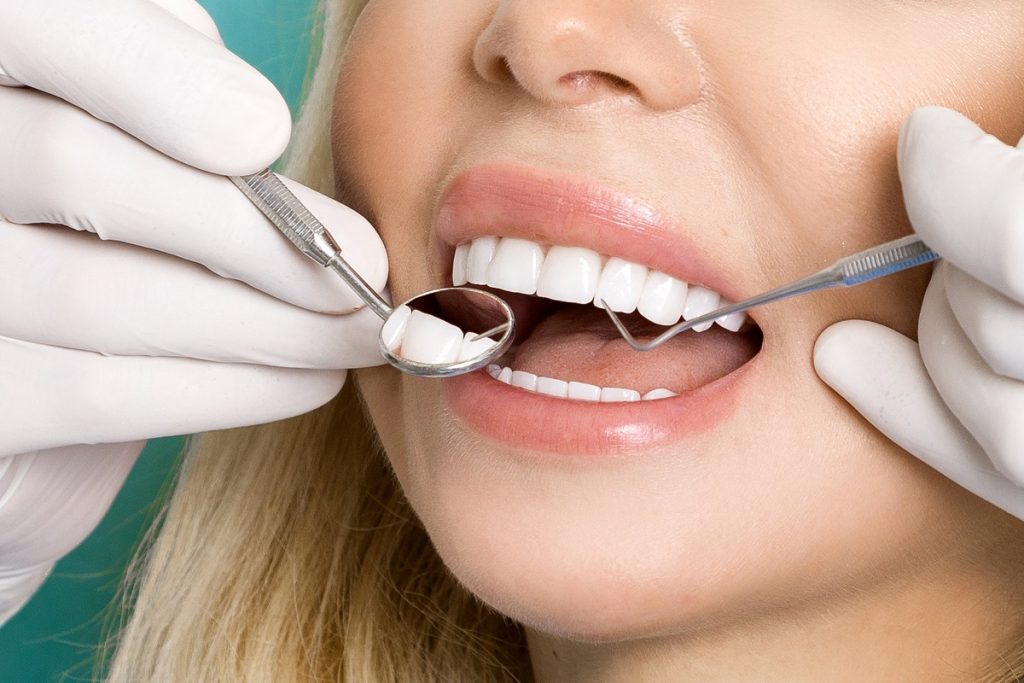About half of adult patients in the UK struggle with dental phobia – of which 12 per cent are said to suffer from extreme phobia. This dental challenge often begins with childhood trips to the dentist. In the past these trips for some children may have become associated with pain and scary-looking dental instruments, associations that are then carried into adulthood.
One of the more concerning consequences of this is that patients who experience these overwhelming feelings put their dental and overall health at risk by not seeking appropriate dental care.
Fortunately the modern dental landscape has changed dramatically where advancements in procedures like sedation dentistry in Edinburgh have been introduced to address dental phobia issues.
Dental Phobia.co.uk outlines sedation dentistry as a simple technique that enables patients to stay relaxed in a deep state, during dental procedures that they may experience as stressful. This has benefits for both the patient and the dental practitioner: The patient is calm and relaxed whilst receiving dental care and the dentist is able to carry out quality dental care more effectively and efficiently.
Types of sedation used in dental procedures
A range of various types of sedation are used by dental practitioners to ease patient anxiety. The main types utilised by dentists are as follows:
- Oral sedation
- Inhalation sedation
- Intravenous sedation
One of the reasons for the variety of ways to keep patients anxiety-free during dental procedures is that not all methods are suitable for every patient. For example, some patients may be allergic to oral sedatives or oral sedatives may not work well with certain prescription medication they may be taking.
Not all dental clinics offer this range of sedation techniques so patients are advised to enquire about the types offered and consider whether the type offered would be suitable for them.
There are also other ways used by patients to keep calm when visiting the dentist. These cover distraction techniques and hypnotherapy, as well as behavioural therapy and counselling. Patients are advised to discuss their fears with a supportive dentist who is able to suggest ways for coping with these anxieties.
 Top reasons to choose sedation techniques
Top reasons to choose sedation techniques
- One of the more significant reasons to make use of sedation techniques available is that they can help eliminate any reason to avoid the dentist to receive much needed dental treatments.
- Dental treatments that would otherwise require more than one session can be completed in fewer visits.
- Sedation methods can be used for a variety of dental treatments and procedures.
- Not all patients who benefit from sedation suffer from fear of the dentist; the practice can also be used to treat patients who have a higher level of teeth sensitivity.
- Patients with physically-challenging conditions such as Parkinson’s disease may also find enormous benefits from this relaxation-inducing method when receiving dental care.
- For the dental practitioner, a more relaxed patient is more cooperative and will allow them to carry out procedures more easily
For patients looking for a dentist that is willing to not only provide quality dental care, but also to work to relieve patient anxieties in a compassionate manner, visit a reputable dental clinic familiar with treating nervous patients.

